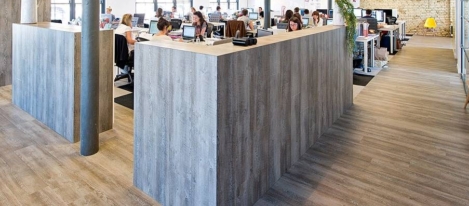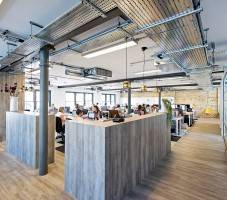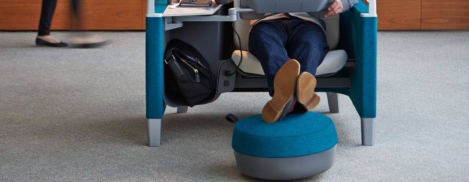July 10, 2015
Local authority staff frustrated by poor quality working environments
Employees at UK local authorities are frustrated at their poor quality working environments and councils are suffering as a result, claims a new study from the Royal Institute of Chartered Surveyors (RICS). Over two thirds (68 percent) of employees polled for the report claim their workplaces need to be upgraded and nearly all (92 percent) said they take the standard of workplace into account when deciding where to work. Furthermore, 80 percent of current employees claim they take the standard of working environment into account when making decisions about whether to remain in the current role. In an interview with LocalGov magazine, Paul Bagust, director of UK commercial property at RICS, also warned that short term cost cutting in the workplace is likely to be counterproductive in the long term.































July 14, 2015
Homeworkers left to fund their own technology by stingy bosses
by Sara Bean • Comment, Facilities management, Flexible working, News
(more…)